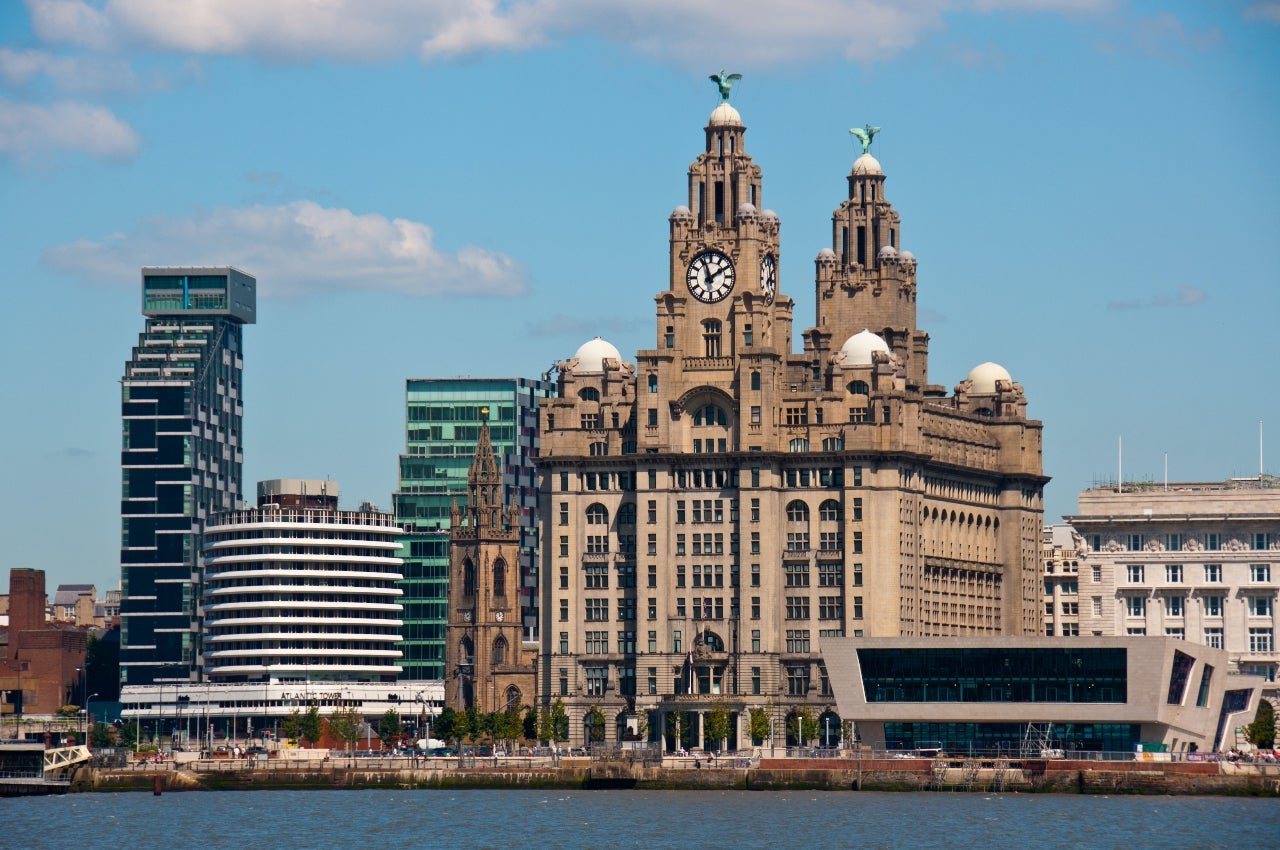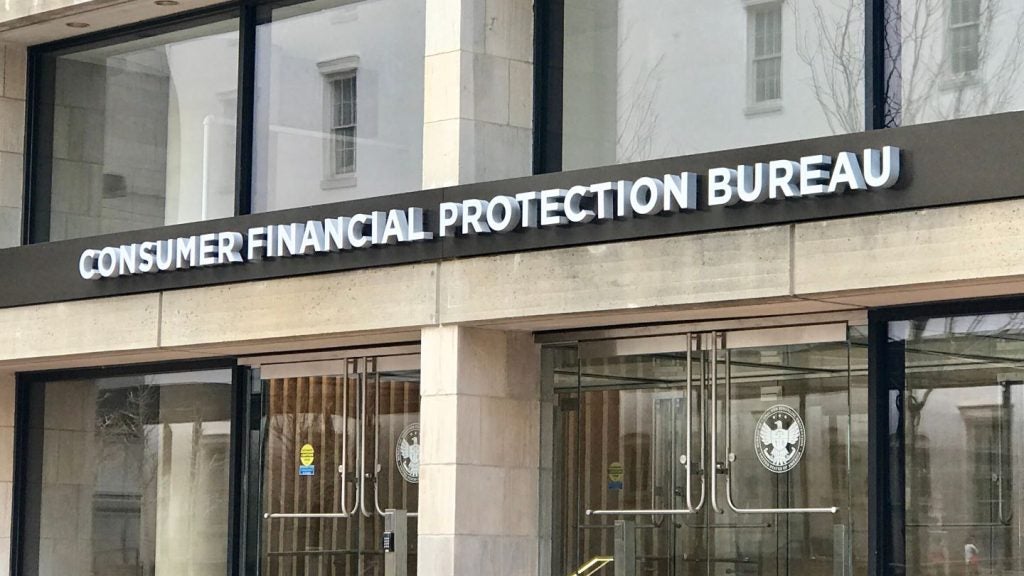

It was announced on 21 July that Liverpool would be losing its Unesco World Heritage status. The news was seen as a blow to a location that had only months previously gone through a damaging scandal when its mayor, Joe Anderson, was removed from office due to bribery accusations (which he denies). For a city that had achieved so much since the turn of the millennium, would this double blow set back its progress?
First, a potted history of Liverpool in the past few decades. The centre of the music world in the 1960s and the football world in the 1970s and 1980s, the city arguably suffered more from post-industrial decline and economic malaise in these years than any other in the UK. It was in the 1980s that then-Prime Minister Margaret Thatcher’s cabinet considered overseeing a ‘managed decline’ of the area. In the 1990s, however, Liverpool underwent a regeneration that saw its derelict docks and warehouses repurposed. Progress served it well. Investment poured in, along with jobs and a Tate art museum, World Heritage Status was conferred in 2004, and it was named as the European Capital of Culture in 2008. It was the fifth most popular city in the UK in 2019 for ‘staying visits’, according to data from the International Passenger Survey and Office for National Statistics.
Cities are not museums. Liverpool is not a 19th century theme park.
Liverpool is now a core UK city, it is a short ferry ride away from Dublin in the EU, and has strong historical ties with the US. It houses huge operations from the likes of Jaguar Land Rover, AstraZeneca and Unilever. It churns our graduates and world-class research from the School of Tropical Medicine, the University of Liverpool, John Moores University and the Royal Liverpool and Broadgreen teaching hospital. It is a growing force in the world of advanced manufacturing. Investors tend to care about talent, clusters, liveability, business environments and infrastructure much more than they care about whether or not a city comes with a Unesco seal of approval, and Liverpool delivers on each of these investment drivers.
In Investment Monitor’s UK Cities Scorecard for 2021, Liverpool finished first in the UK for infrastructure, while scoring well for universities, total gross value added, manufacturing gross value added, patents/innovations and vulnerability to Brexit. When put into that sort of context, Liverpool’s Unesco blow is somewhat softened.
Liverpool 1 Unesco 0
Cities are not museums. Liverpool is not a 19th century theme park. In spite of Unesco’s decision, the Liver Building is still there, as are the Three Graces. So is a population that needs jobs, that needs a highly functioning infrastructure, that needs a city that operates as it is meant to in the 21st century. Yes, its new ferry terminal may look like something designed by an over-ambitious Lego enthusiast, but that misses the point. Liverpool has every right to improve any of its infrastructure as and when necessary. What better serves the people of Liverpool and Merseyside? A weed-strewn Victorian shipping point, unused for decades, or the $5bn redevelopment of this area and other docks, creating jobs, bringing in investment, providing housing?
How well do you really know your competitors?
Access the most comprehensive Company Profiles on the market, powered by GlobalData. Save hours of research. Gain competitive edge.

Thank you!
Your download email will arrive shortly
Not ready to buy yet? Download a free sample
We are confident about the unique quality of our Company Profiles. However, we want you to make the most beneficial decision for your business, so we offer a free sample that you can download by submitting the below form
By GlobalDataIt is much easier to protect the historical integrity of an isolated attraction whose role is primarily to attract tourists.
This point was not lost on Liverpool City Region Mayor Steve Rotheram, who said: “Places like Liverpool should not be faced with the binary choice between maintaining heritage status or regenerating left-behind communities and the wealth of jobs and opportunities that come with it.”
No one would argue against the importance of preserving history, but there is a balance to be found. There would rightly be uproar if the Egyptian government approved plans to convert the upper echelons of the Great Pyramids into penthouse apartments, or if a Pret A Manger were to pop up within the walls of the Tower of London (although given Pret’s omnipresence in London, we maybe shouldn’t rule that last one out). However, it is much easier to protect the historical integrity of an isolated attraction whose role is primarily to attract tourists. The six sites that made up Liverpool’s Unesco-recognised Maritime Mercantile City stretched over four kilometres of the city’s waterfront and covered 136 hectares, much of which was in the city centre. A core, modern city simply can’t preserve that much land in aspic, no matter how much Unesco would like it to.
The only other European location to lose its Unesco status is Dresden. The German city lost its recognition in 2009 because it chose to build a bridge (after a public referendum) over the River Elbe in an attempt to resolve its worsening inner-city traffic congestion. Here we have a very urban problem, a solution backed by the city’s residents via a democratic public poll (68% approved), and a Unesco decision completely ignoring the challenges that Dresden faced. The cleaner air and quicker journey times its residents now enjoy more than likely make up for the loss of the city’s Unesco title.
No Unesco, no problem
Does Liverpool need Unesco’s seal of approval? Its decision will not suddenly mean that the Beatles don’t hail from the city. It will not stop it playing host to two of the world’s most well-known football clubs. The waterfront that brought Unesco heritage status to Liverpool is still intact, it has just seen several additions built that will, it is hoped, help the city to function as a city, that will help it attract investment, that will help provide jobs to its population. For a living, breathing city such as Liverpool, Unesco status is a ‘nice to have’, a decoration, but there are more important factors at stake.
Unesco’s decision will not suddenly mean that the Beatles don’t hail from the city.
Yes, Liverpool’s waterfront maybe isn’t as aesthetically pleasing as it was a couple of decades ago, but it is a city on the rise, having to compete with other similarly sized urban areas in the UK, in Europe, throughout the rest of the world. It is a hub for life sciences, for manufacturing, for culture. It owes its residents career opportunities, efficient infrastructure and forward-thinking policies much more than it owes them a pretty backdrop for their Instagram photos.
The argument that Liverpool could have done a better job at preserving its waterfront isn’t entirely without merit, but much stronger is the argument that Unesco needs a healthy dose of reality with its decision-making, particularly when it comes to cities where the priority has to be serving the population, not catering to the whims of a faceless committee deciding its fate from several thousand miles away.







